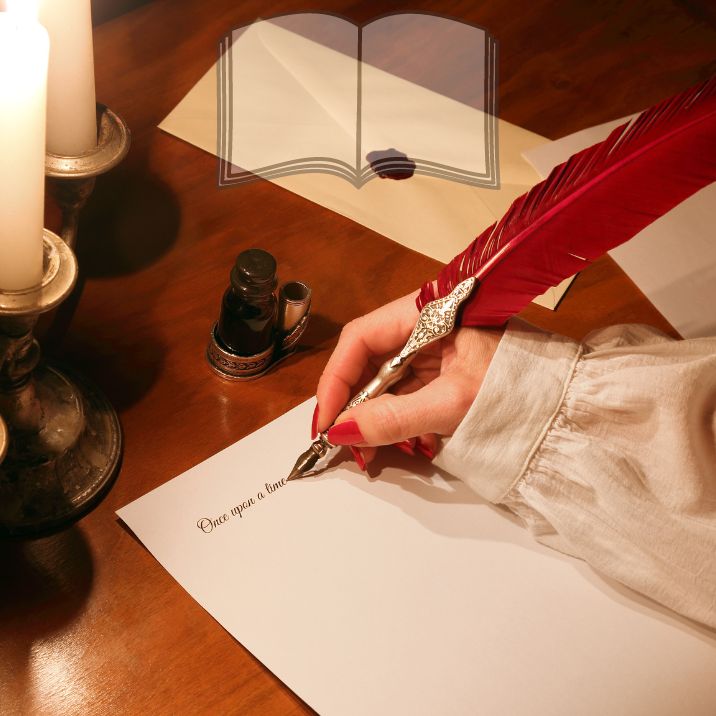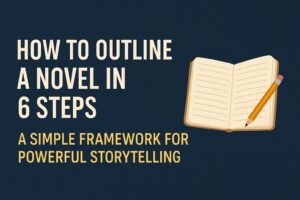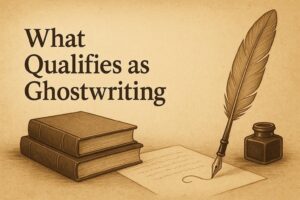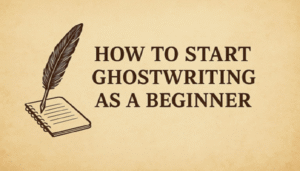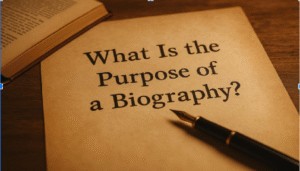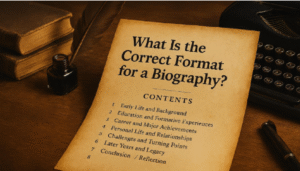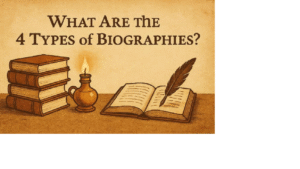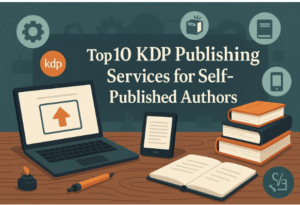When you start writing a novel, it is a journey between creativity, discipline, and so many other questions like novel length. Do you ever think about how long is a novel? How many words per page in a book? Is there a pre-decided word count or page count that makes a novel perfect?
Well, then, you are not the only one who is thinking about all of this. Let’s discuss everything related to the novel length and how you can finish it with grace without dragging it too long.
The Importance of Novel Length
Novel length is very important because it affects the way a reader looks at your story. The length of a novel impacts the pacing and depth of character and plot development. When a novel is too short, it ends quickly and makes the readers feel a little unsatisfied or that the story is underdeveloped. On the other hand, if the novel is too long, it can actually make them think if they have to read it on and off before finding something that is very engaging.
The right novel length makes sure your story has as much detail as possible and can maintain readers’ interest from the start to the end without making them feel bored. Novel length also plays a role in publishing because publishers usually have genre-specific guidelines.
Length According to Different Stories
When we talk about story lengths, it is very important to have knowledge about general categories and word counts. Usually, all books, including short stories, novellas, novels, etc, have around 250-300 average words per page. Let’s discuss in detail:
Short Stories:
They are usually 1,500 to 8,000 words long. Short stories usually have one event or one character, and the intention behind the writing is mainly to tell a story that moves fast but has an impact.
Novelettes:
Novelettes are 7,000 to 20,000 words. They are a little longer than short stories and give the author more space to develop characters and plots.
Novellas:
Novellas are 17,500 to 40,000 words long and give a middle ground. They are longer than a short story but obviously not very long like a full novel, which is written for telling more complex stories.
Novels:
Usually, novels start at around 50,000 words and can stretch to 120,000 words or even longer with different genres and more complex story building. The majority of published novels easily fall within between 70,000 words and 90,000 words boundaries.
What is Normal for your Genre?
There are different expectations of novel length in every genre.
Let’s discuss different genres:
- Romance: It usually has around 70,000 to 90,000 words. A romance novel needs that many words because, plotwise, it is generally character-driven. The story depends upon character development and relationships.
- Science Fiction and Fantasy: These genres usually have higher word counts that range from 90,000 to 120,000. It takes more pages to create detailed worlds and elaborate stories.
- Mystery and Thrillers: These are commonly between 70,000 and 90,000 words. These genres need an accurate pace and suspense. This involves balancing the length to keep the tension high without adding unnecessary filler.
- Young Adult: Young adult books have around 50,000 to 80,000 words. YA novels focus on engaging younger readers with fast-paced, relatable stories.
- Literary fiction: It can be different in many points, but it usually falls between 80,000 to 110,000 words. Exploring ideas, character psychology, and narrative style might take longer in literary fiction.
It is important to understand the typical length of a novel for your genre. It helps you create expectations for readers and makes your work compatible with industry standards. This increases the chance that both readers and publishers will enjoy it.
Should You Cut Down a Long Novel?
If your novel is very long according to the standards of the fiction genre, you can consider cutting it short. Here are some things you can do:
- Pace: A long novel can face issues with pace. If a part of your novel feels slow or repetitive, you can trim it to keep the story moving smoothly.
- Plotting and Subplots: You should re-think if every subplot is necessary. You should cut the extra ones out, or at least make sure their connection with the main story is strong.
- Character Development: Every character and their development should be relevant to the story. Characters that do not have meaningful contributions can be removed or merged with other characters.
- Editing: A professional editor can help you in making segments that can be cut without sacrificing the quality of the story. They offer an unbiased eye that can be a game changer for you.
When you cut a long novel, it will make the novel more good to publishers, and it will have success with readers.
How to Finish Your Novel?
When you are writing the end of a novel, it is one of the best feelings, but it can also be challenging. Here are some tips to guide you through the process of ending your novel with grace:
1. Set Goals
When you set out goals for word count within a certain time frame, it helps cut a lot of work into decently sized chunks. This can give an approachable feeling.
2. Create a Routine
You can dedicate specific times every day or week to writing. If you stay consistent, it helps maintain momentum.
3. Stay Inspired
Remind yourself why you started writing your novel. You have to keep that passion for the story alive.
4. Outline
You should make an outline for your writing. It should be a clear outline for your writing that will help you stay on track and guide you in your writing.
5. Get Feedback
If you show your work to close friends or write to interest groups can give you both motivation and meaningful criticism.
6. Take breaks
If you feel stuck, find the urge to just step away from work for a little while. Sometimes, stepping back from work gives ways of new perspectives and ideas.
7. Edit Later
When you are writing, you should try not to let editing get in the way. You should concentrate on completing the first draft. After that, you can go back and make changes.
Writing a novel needs concentration and determination. These creative methods will help you move forward and face challenges in a solid way.
Conclusion
The ideal novel length is when there is a combination of genre expectations, story needs, and reader interest. When you know how many words are on your pages and how many words on average per page will give you, It will make you feel that you are succeeding, and it can visually show you how to manage your writing goals.
After all, the ideal length for a novel is the one that will entirely, effectively tell your story. At the end of the day, it doesn’t matter if your novel finishes shorter or longer, just as long as it builds a connection between you and the readers and keeps them turning the pages.
Looking to write a novel but not sure where to start? Get in touch with Writers of the West today, to opt for our premium yet affordable fiction ghostwriting services and romance novel writing services today!
Read More: Breaking it Down: How to Write an Interior Designer Bio

